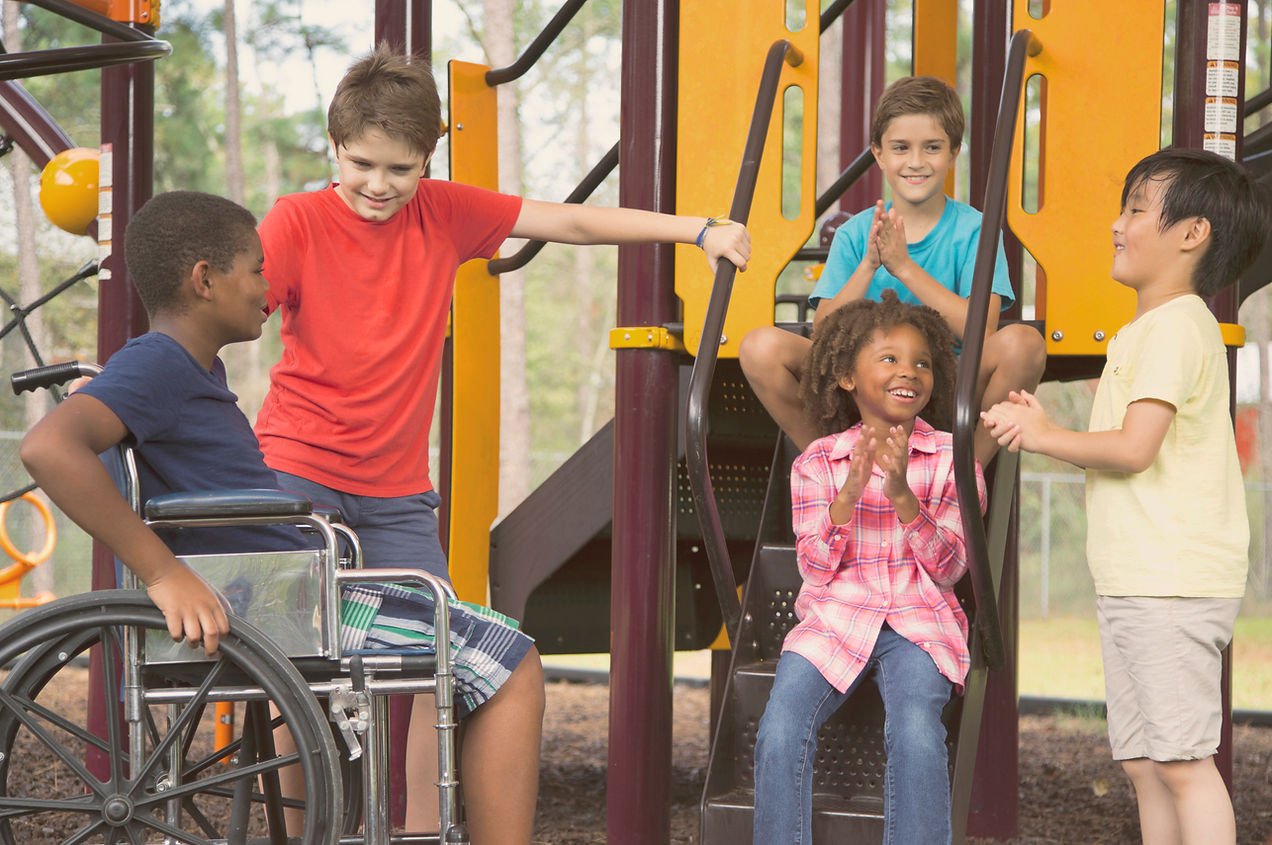Safeguarding Children with Disabilities/ Additional Needs
Essential Safeguarding Training for All Organisations Working with Children.
This training is a crucial step toward ensuring that every child, regardless of their needs, is protected and heard. However, it also acknowledges that children with disabilities can experience heightened abuse risks up to 4 times more than their non-disabled peers. Hence, we’ve made disability safeguarding training a priority and are proud to be Aotearoa’s only provider of disability safeguarding training.
While this training is particularly crucial for specialist disability or additional needs support organisations, to be a truly inclusive children’s workforce that values diversity and promotes equity, representatives from every organisation engaging with children and families should complete this training.
Training is available in three flexible formats:
-
Facilitated In-Person Training
-
Facilitated Exclusive Online Classes via our Virtual Classroom
-
Highly Rated eLearning
Contact us to discuss facilitated delivery, or register for our highly rated Safeguarding Children with Disabilities or Additional Needs eLearning today!

Focusing on children with disabilities or additional needs, this engaging and informative training equips learners with the knowledge and skills to identify and respond to safeguarding and child protection concerns and how those concerns can relate to child well-being and possible allegations against staff.
A key focus is helping learners be aware of some of the specific considerations in safeguarding children with disabilities or additional needs across the main Rs of Child Protection.

Recognising Concerns
The Different types of harm, categories, and indicators of abuse and neglect.
Responding to Concerns
How to safely respond to different types of disclosures.
Reporting Concerns
Best practices for reporting concerns within the organisation.
Referring
Concerns
Best practice in referring concerns externally, including to Oranga Tamariki or the Police.
Recording Concerns
Best practices for documenting concerns and evidencing safeguarding actions.
This training is advocated for all organisations and can be of particular interest to those in roles such as:
-
Art Therapists
-
Behavioural Support Specialists
-
Sports Coaches and Staff
-
Health and Private Carers
-
Therapists
-
School and Other Counsellors
-
Respite Care Staff
-
Social Workers
-
Special Education Staff
-
Specific Disability Specialists
-
Psychologists
-
Speech and Language Staff
By the end of this class, learners will be able to:
-
Define safeguarding and child protection.
-
Explain the spectrum of vulnerability and recall why tamariki/rangatahi with additional needs can be more likely to experience heightened vulnerability risks.
-
Name the impact of adverse childhood experiences (ACES) on a child’s immediate and long-term development, hauora/health and well-being.
-
Apply best practices when reporting, referring and recording safeguarding and child protection concerns.
-
Role model being in a position of trust and demonstrate safeguarding as a shared responsibility.

